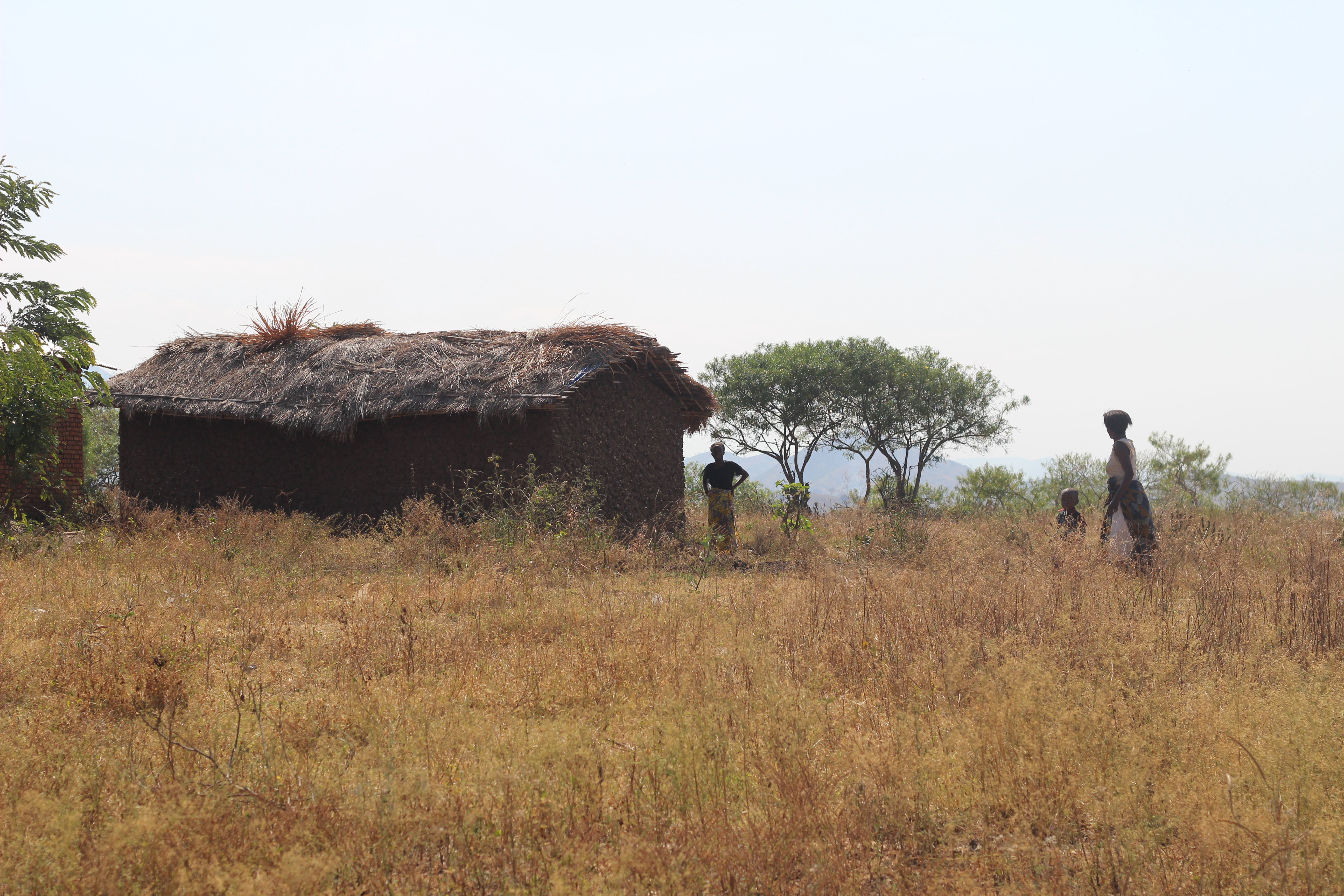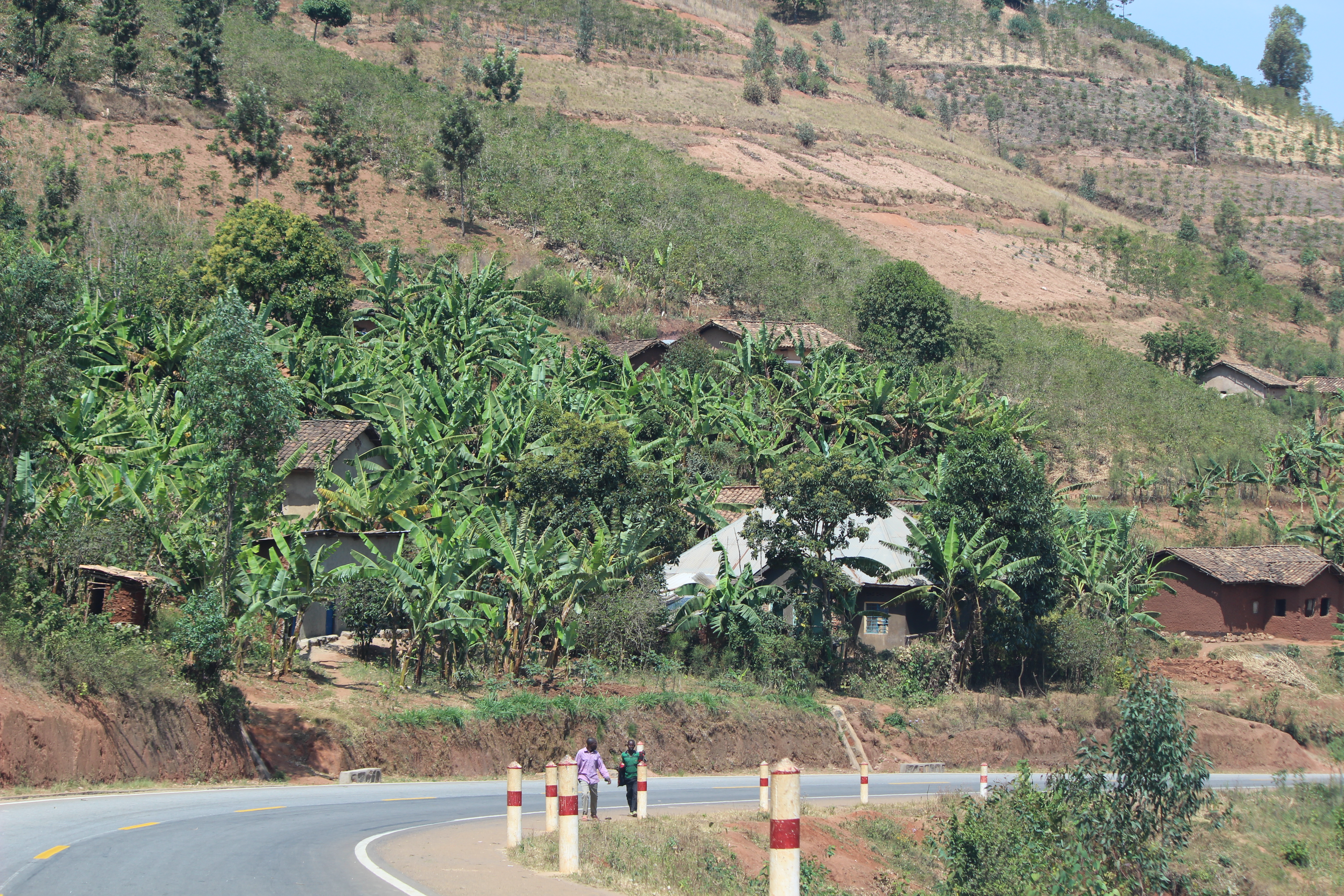Democratic Republic of Congo
Despite its richness in minerals such as cobalt and copper, DRC is among the five poorest countries in the world. As of 2021, over 60 million Congolese citizens live on less than $2 a day and 53.9% of the population lives in extreme poverty. With limited access to education, these circumstances force millions of women into prostitution to feed themselves and their children. Poverty and unemployment often drive boys and young men to leave their families and join armed rebel groups. Malnutrition is responsible for nearly half the deaths of young children in DRC, many of whom are born as a result of prostitution or sexual assault.

Rwanda
Coming out of the 1994 genocide where rape was weaponized, gender-based violence against women continues to occur at a staggering rate. While rape was made illegal in 2008, it is estimated that at least 41% of Rwandan women will experience physical violence by the time they turn 15, and approximately one third of women under 50 have experienced sexual violence. Limited access to healthcare and legal counsel leaves most rape victims, who are unable to pursue legal justice, with physical injuries and unplanned pregnancies. With around half the population living on less than $2 a day, many sexual assault victims, or women whose husbands abandoned them, are not able to earn the income necessary to provide for their children.

Uganda
Uganda is a nation of resilient people facing immense challenges, with widespread poverty affecting rural areas where many lack access to clean water, healthcare, and education. This hardship is intensified by rebel violence in parts of the north and east, where communities endure trauma, displacement, and insecurity that leave families struggling to survive. The violence has compounded poverty, with many relying on subsistence farming, making them vulnerable to drought and market shocks.


